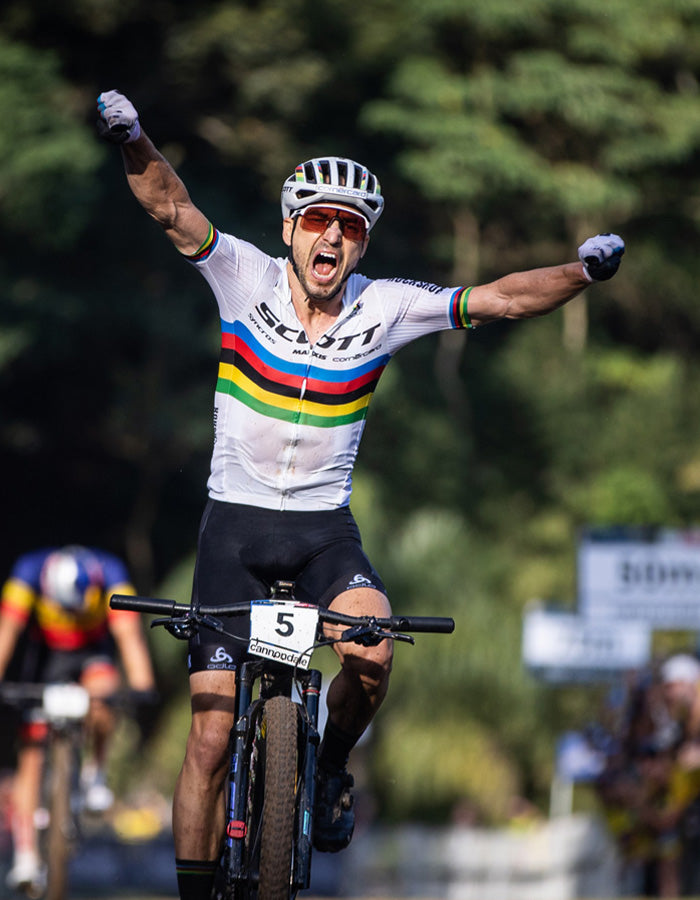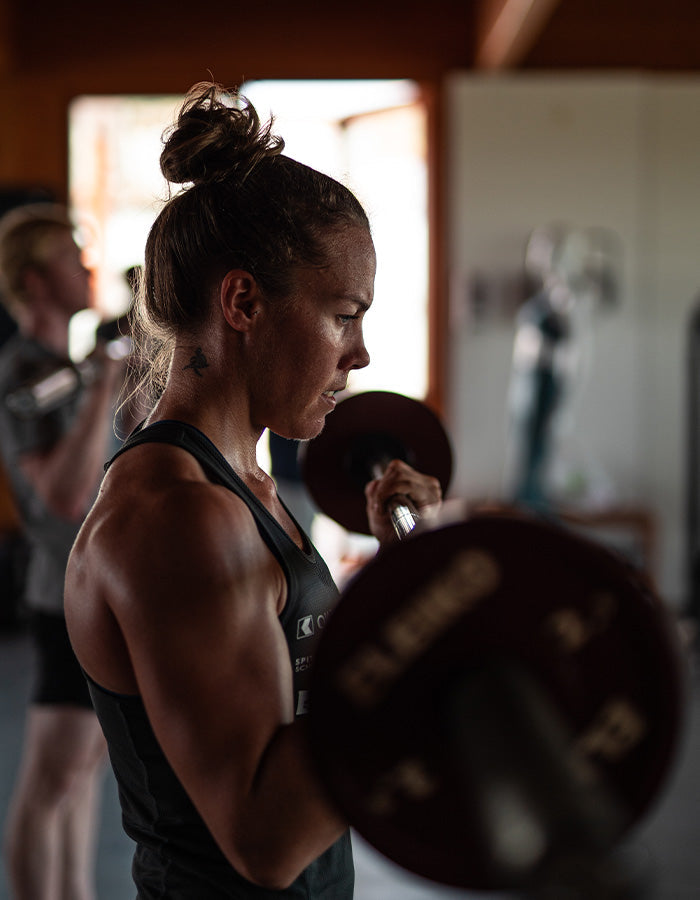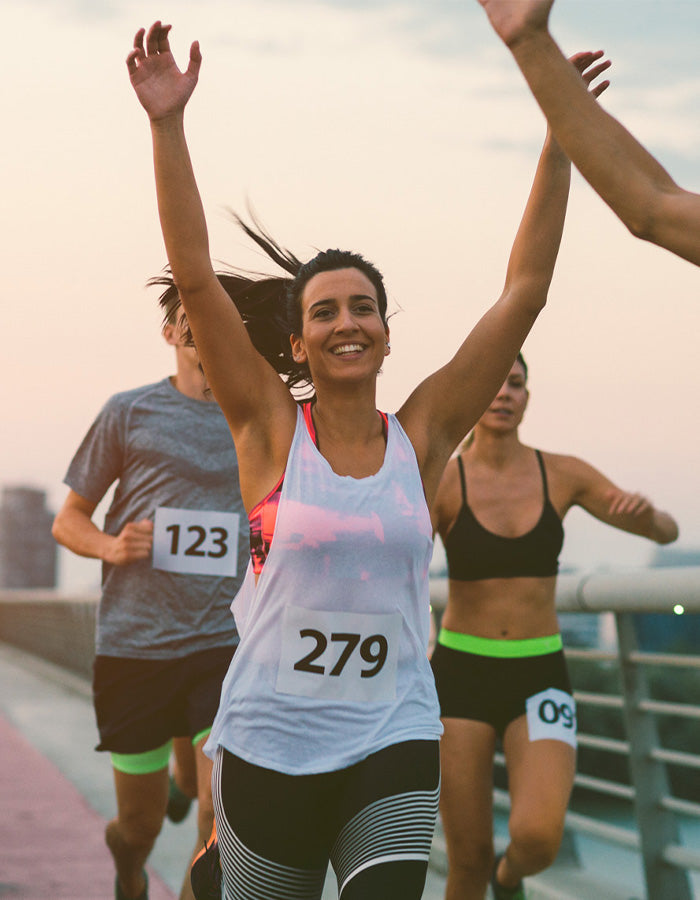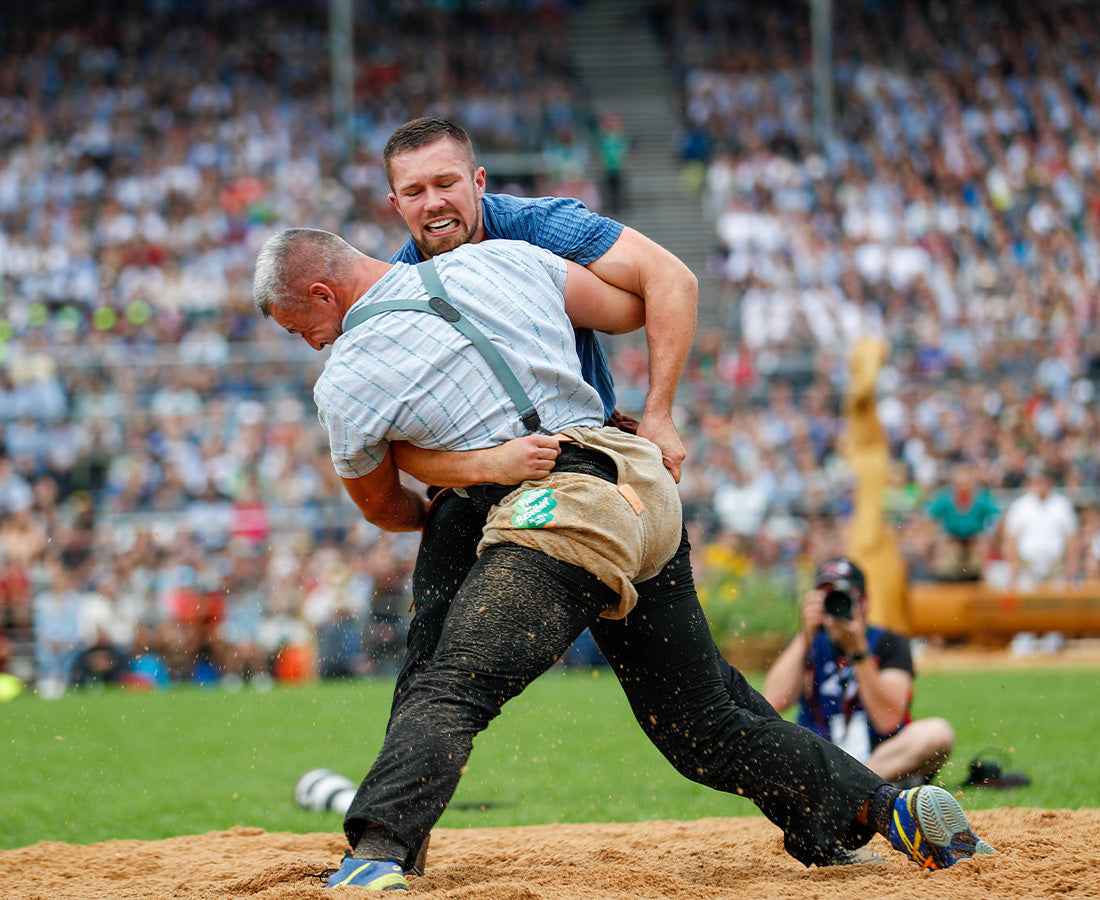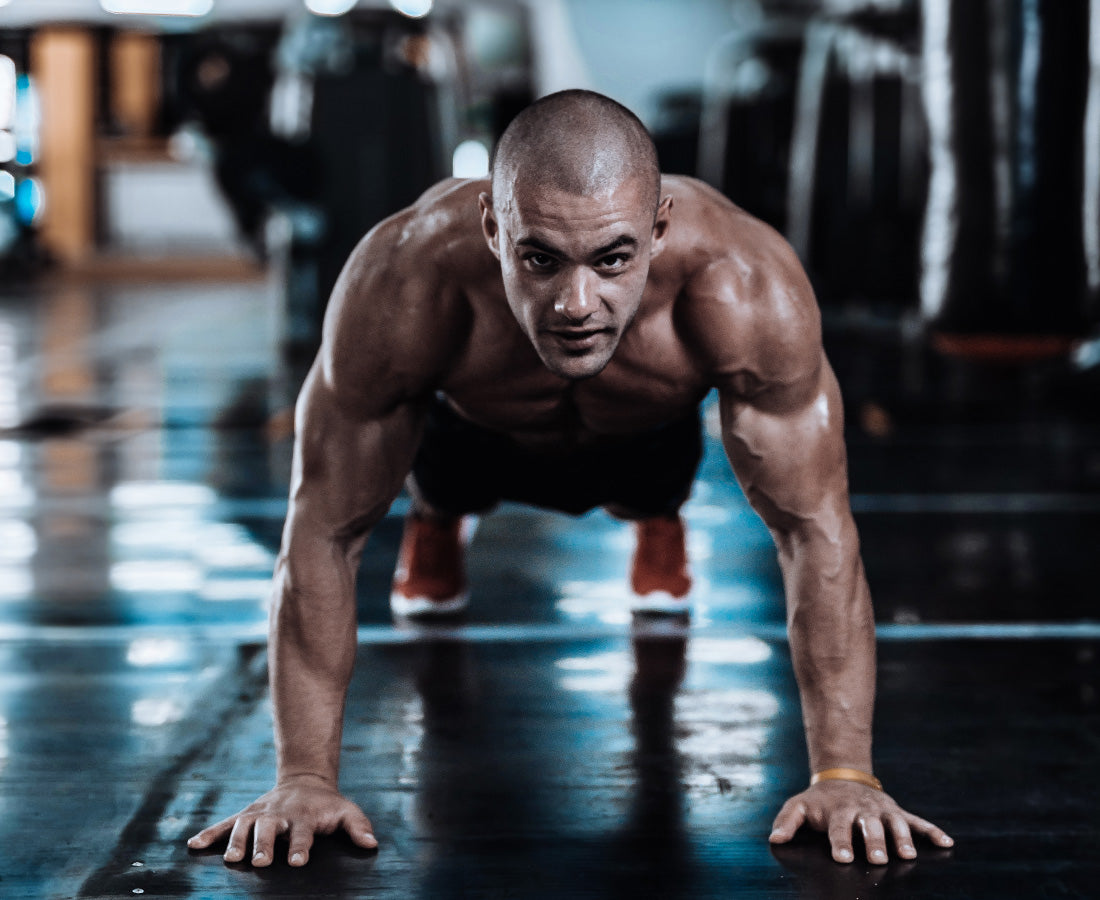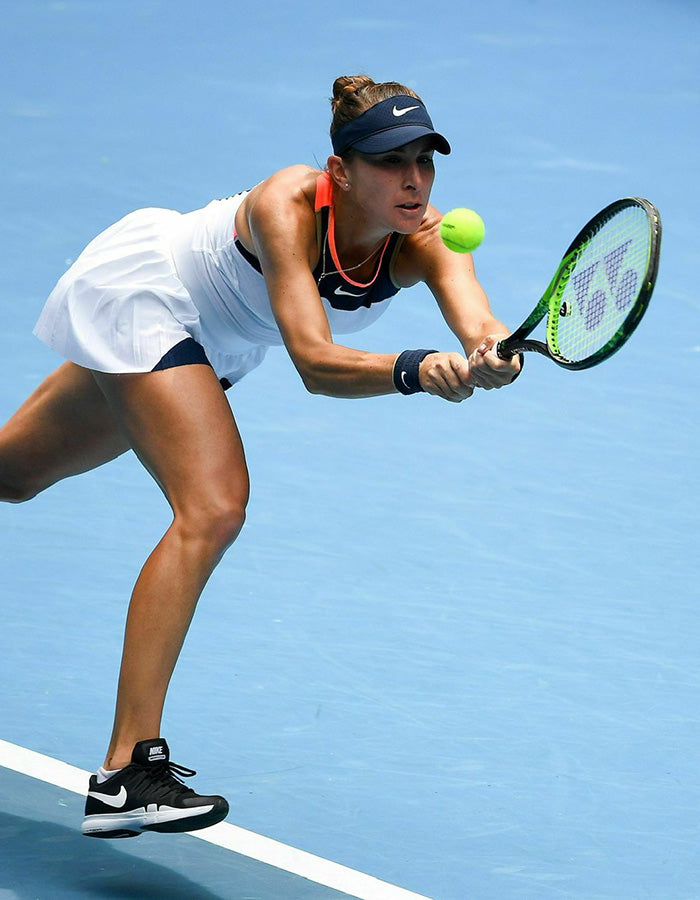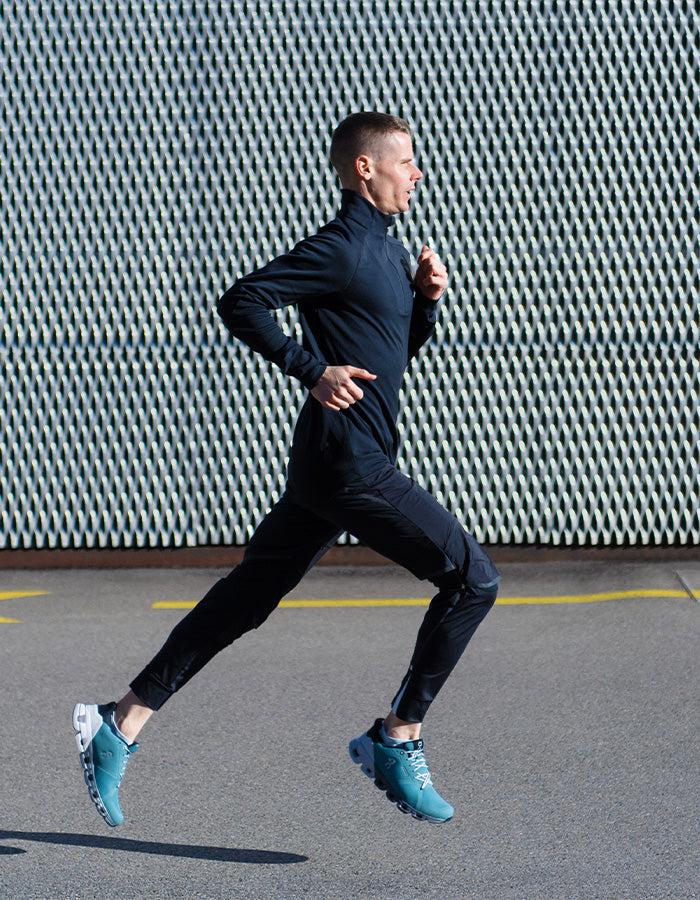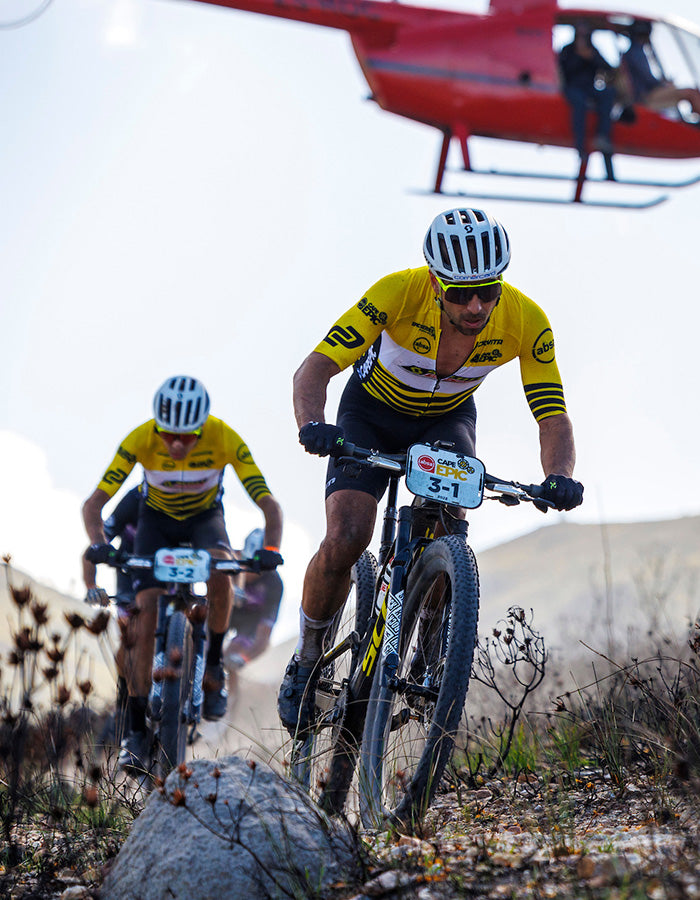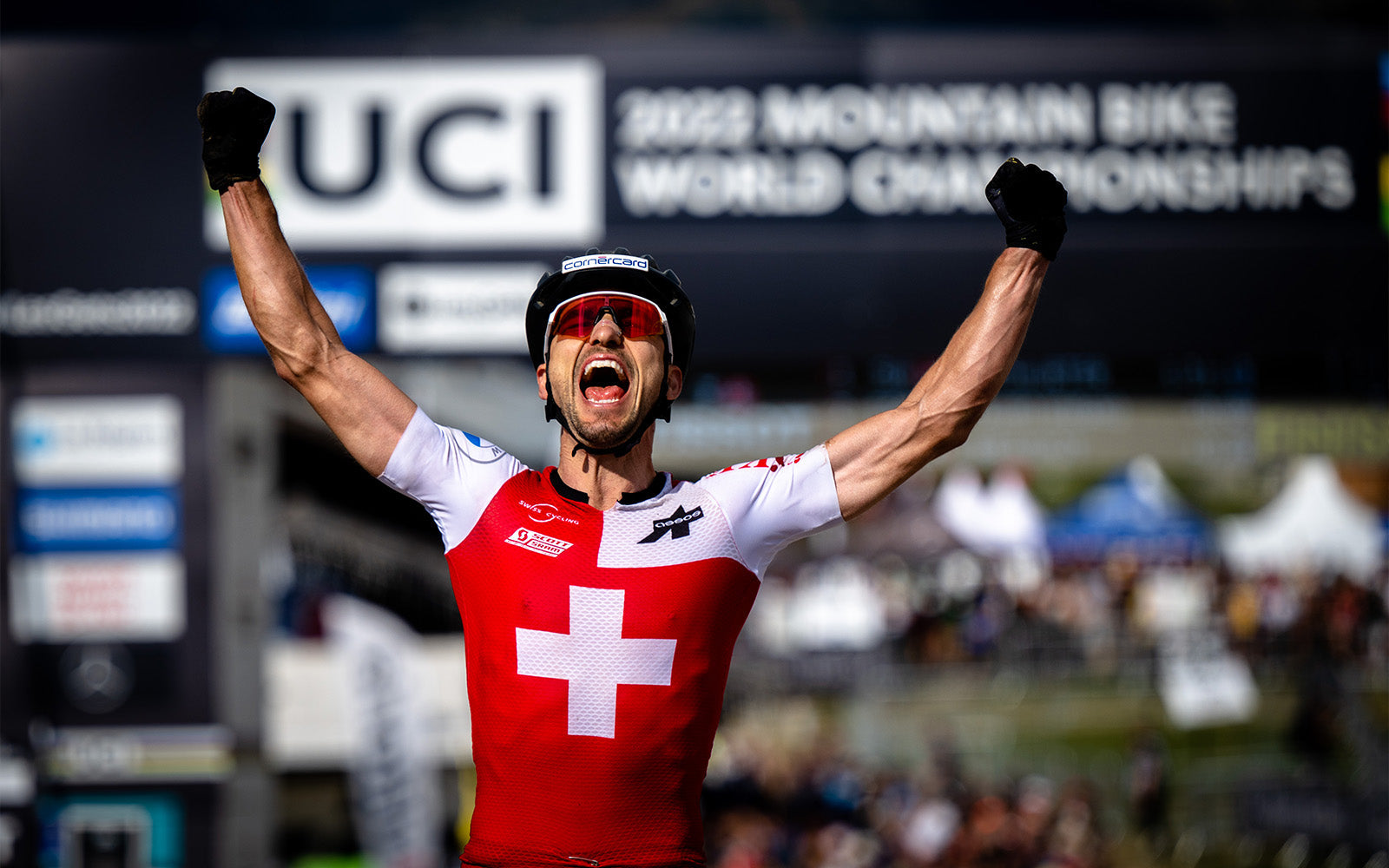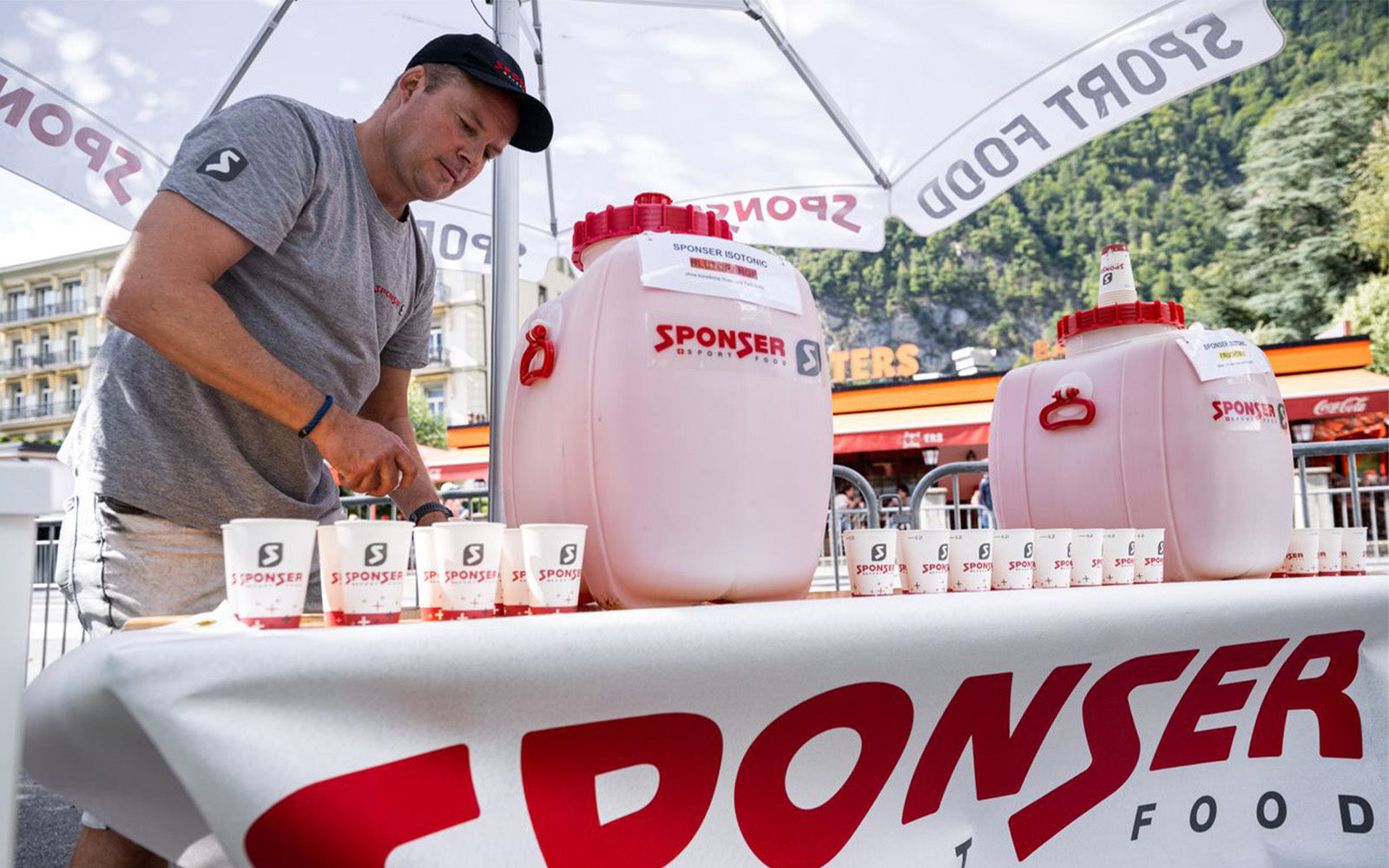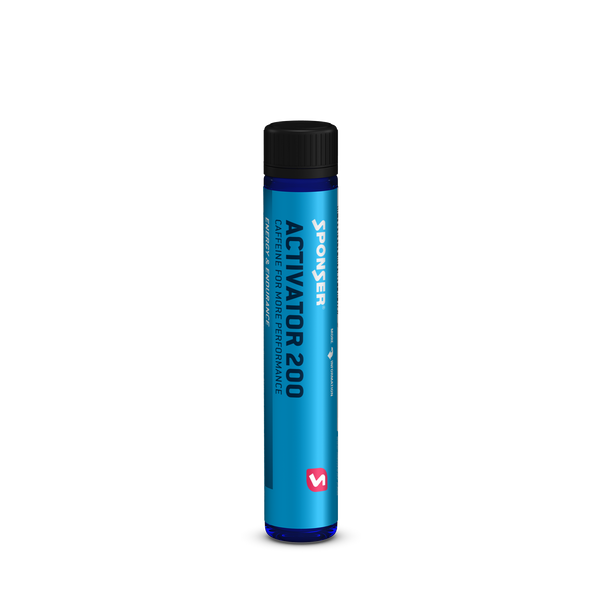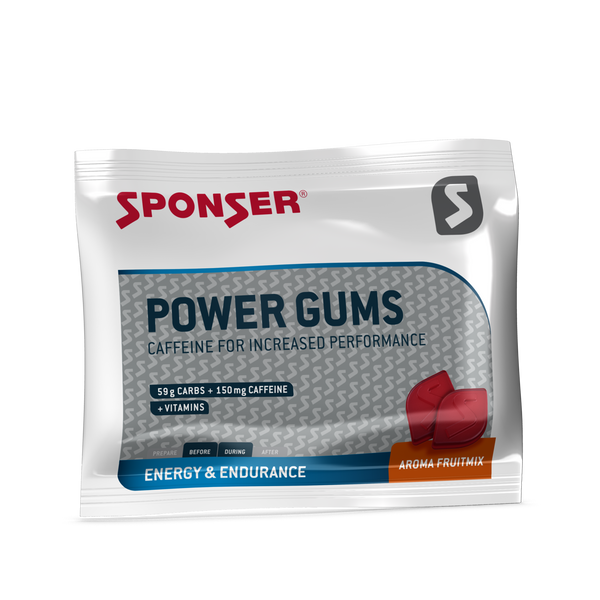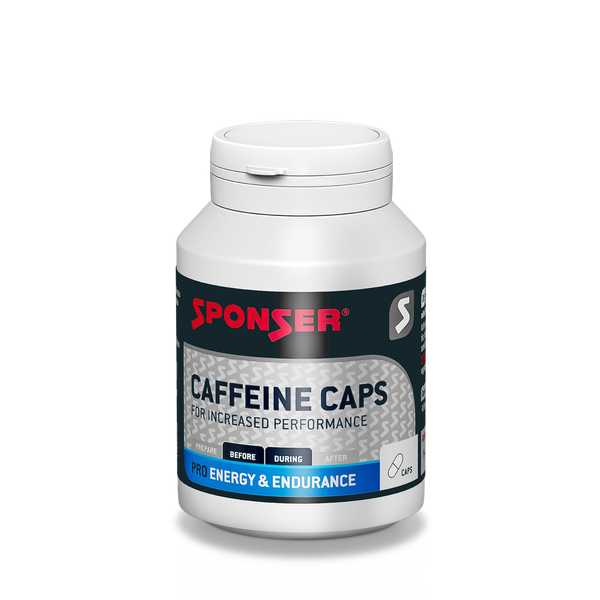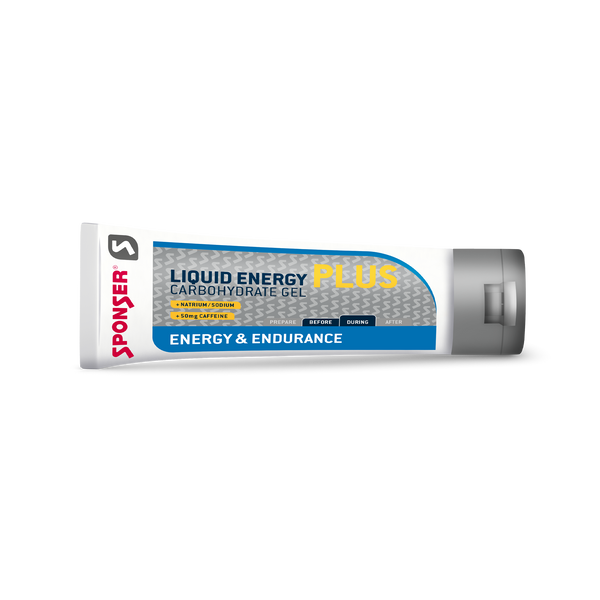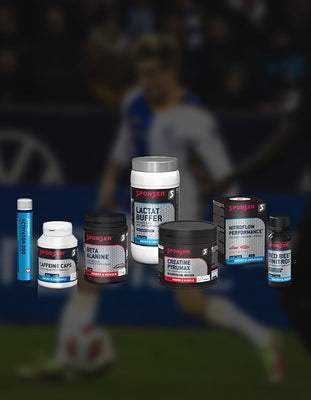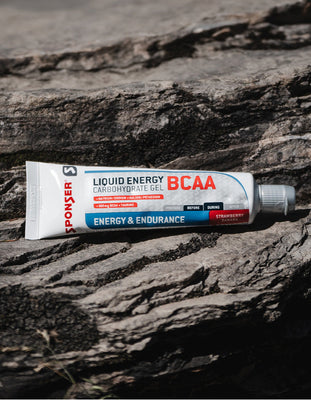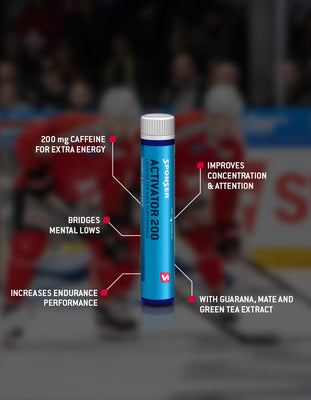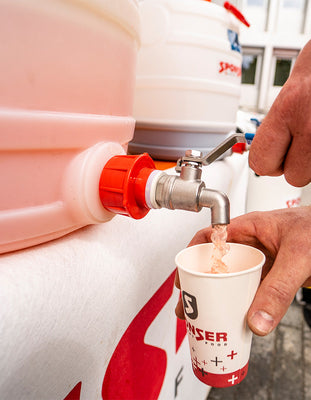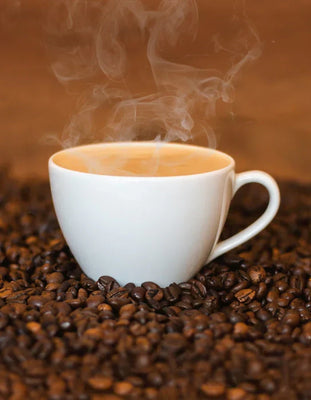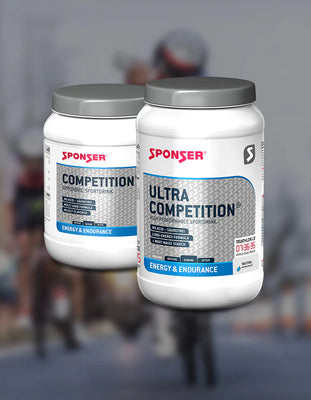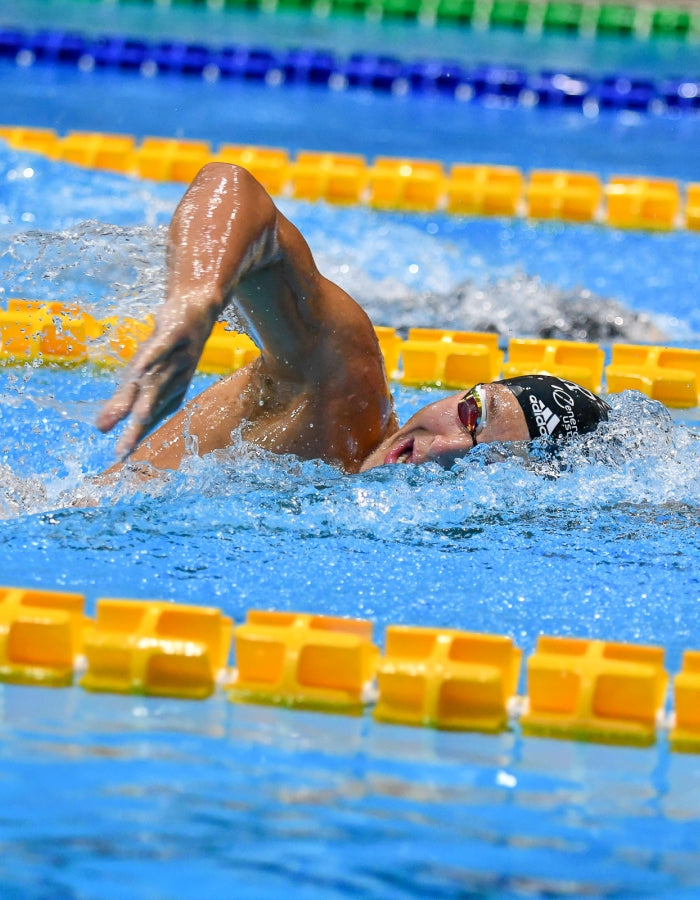
Photo credit: Patrick B. Krämer
Caffeine improves swimming performance
It has been scientifically proven that caffeine can have a pivotal influence on athletic performance and motivation in endurance sports. A corresponding study has now also been carried out in swimming - with expected, yet impressive results.
A study by Diego Salgueiro Fortes de Souza's research group at the State University of Campinas showed that caffeine increases swimming speed, reduces perceived exertion and lowers lactate concentration during intensive interval training in male competitive swimmers. In the double-blind study, ten swimmers were given either caffeine (6 mg per kg body weight) or a placebo. One hour after intake, they completed 10 x 400 metres at high intensity with 60-second breaks.
Clear results confirm the effectiveness of caffeine in sport
The study shows once again that caffeine can have a stimulating effect in sport by prolonging the activation of adrenaline, which increases the contractility of the muscles. Caffeine can also reduce the sensation of exertion and pain in endurance sports. All those swimmers who had taken caffeine achieved higher average speeds than the placebo group. In addition, the «caffeine athletes» felt less exertion from the fifth repetition onwards compared to the placebo group. Finally, it was found that the lactate concentration after the fifth and tenth repetition was lower in the caffeine group than with the placebo.
Caffeine products for athletes from SPONSER
SPONSER® has several caffeine-containing products which are easy to use in swimming and other sports. ACTIVATOR: convenient 25 ml ampoule with 200 mg caffeine. POWER GUMS Fruit Mix: 10 gums with 150 mg caffeine per unit. CAFFEINE CAPS: 50 mg caffeine per capsule to be taken with water. LIQUID ENERGY PLUS: carbohydrate gel with 50 mg caffeine per 70 g tube or 25 mg caffeine per 35 g sachet. To achieve the best effects, take caffeine around 30-60 minutes before physical activity at a dose of 3-6 mg per kg of body weight.
Literature
Salgueiro, D. et al. (2022): Caffeine improves swimming speed, decreases the rate of perceived exertion and lactate concentration during a high intensity intermittent aerobic training session for male swimmers, in: Science & Sports, 37 (8) 2022, S. 762-765.
Sport Supplement Factsheet Caffeine V6, by: Australian Institute of Sport.
Supplementguide Koffein V4, by: Swiss Sports Nutrition Society.

